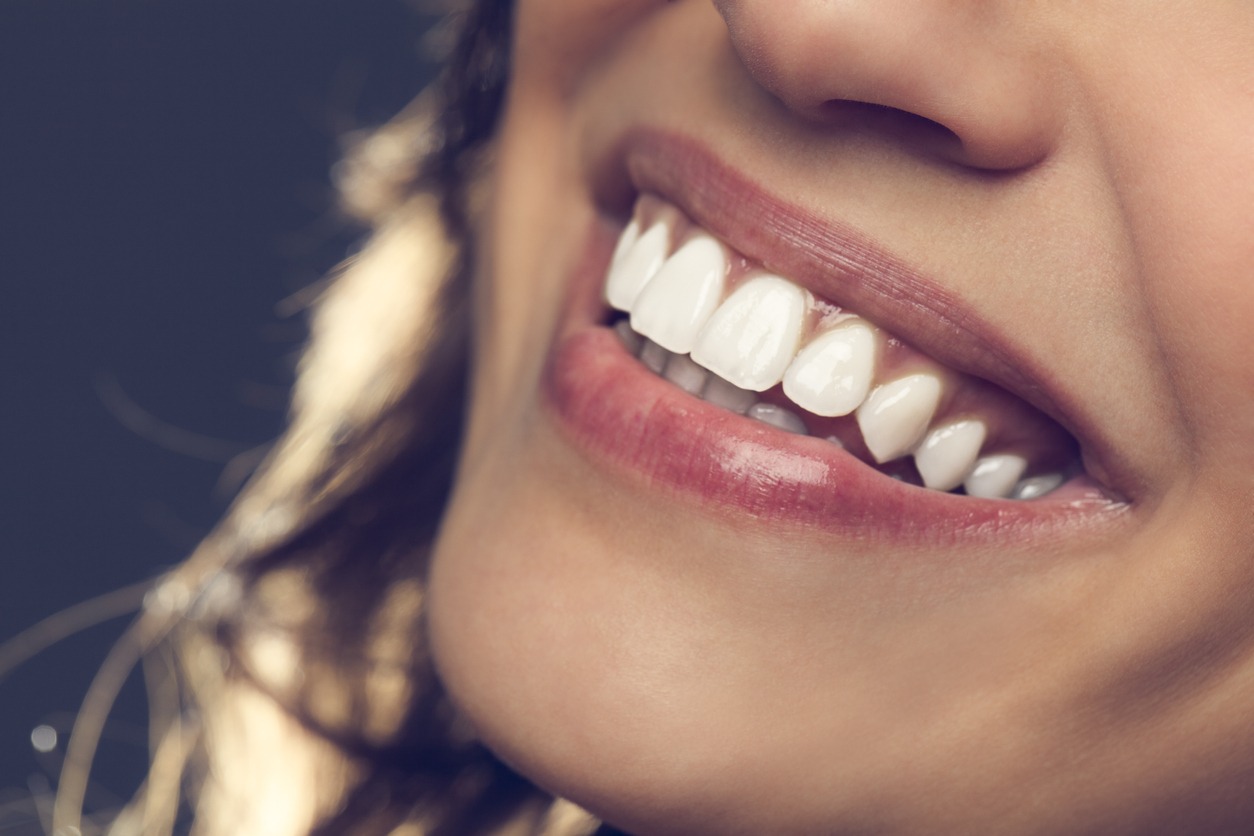What is Genetic Disorder?
A genetic disorder is a rare or unusual condition with symptoms that can be seen in someone who inherited the disorder. People with these disorders are born with them because their parents pass down abnormal genes to them.
Disorders can affect all parts of your body, from your hair and body shape to your organ functions and even your teeth. In today’s special blog post, we’re going to look at some of the most common genetic disorders that impact your pearly whites (aka. Your teeth!).
Your Comprehensive Guide to Teeth Disorders
The Two Types of Tooth Disorders
The genetic disorders that affect teeth fall into two general groups: overgrowth and malformation. Overgrowth disorders occur when one or more developing teeth fail to stop growing in size at the appropriate time, resulting in abnormal tooth shapes like tusks, tooth crowding, and extra teeth (supernumerary). This is a very common disorder with many available treatments available at your dentist (https://www.drtraceydowntowndental.ca/).
Malformation disorders occur when there is a problem with the growth, development, or shape of an individual tooth. Dealing with a malformation is a different story altogether.
Understanding Malformation Types
The two main groups of malformation disorders are hypoplasia (decreased formation) and hypo calcification (defective calcification).
Malformations can be caused by environmental factors like poor oral hygiene, or by genetic factors. Some conditions, however, are caused by both environmental and genetic factors working together with other non-genetic biological factors to cause the disease to occur.
What is Taurodontism?
Taurodontism is a malformation disorder that affects one or more of your permanent teeth at some point in your life. It occurs when the center of the tooth is not formed correctly during development so it is wider than normal.
Taurodontism affects the pulp of your tooth, or in layman’s terms, the part of your tooth that contains nerves and blood vessels (the dental pulp). The cause of taurodontism is unknown but may be related to an environmental factor like a vitamin deficiency. The most common teeth that are affected by this condition include the fourth and fifth molars or wisdom teeth.
Treatment for taurodontism depends on the severity of your condition and how much it is affecting your oral health. If you can still chew effectively with a taurodont tooth, no treatment may be necessary. If you are experiencing problems with your teeth, however, treatment options may include tooth extraction or root canal therapy.
What is Oligodon?
Oligodon is a malformation disorder that affects one or more of your permanent teeth at some point in your life. It occurs when the size and shape of an individual tooth are abnormal. You can have oligodontia or oligodontia, which means that a single tooth is affected by this disorder or multiple teeth are affected, respectively.
Oligodon affects the shape of your teeth and can lead to problems with chewing and speech as well as negative changes in your facial appearance. This condition can sometimes be associated with other non-genetic medical conditions like diabetes. Treatment options for Oligodon are the same as those for taurodontism.
This condition is different from having missing teeth, which is known as anodontia. Missing teeth are not the result of a genetic disorder but are typically associated with environmental factors like poor oral hygiene practices or trauma to your mouth.
Visit Your Dentist When You Can
The only way you can tell if you have a genetic disorder that affects your teeth is to visit your dentist when possible. Regular check-ups once every six months can help your dentist detect if there are any abnormalities in your teeth. If there are, your dentist can get you treated right away to ensure that any disorders do not destroy your teeth, ruining them for life.


